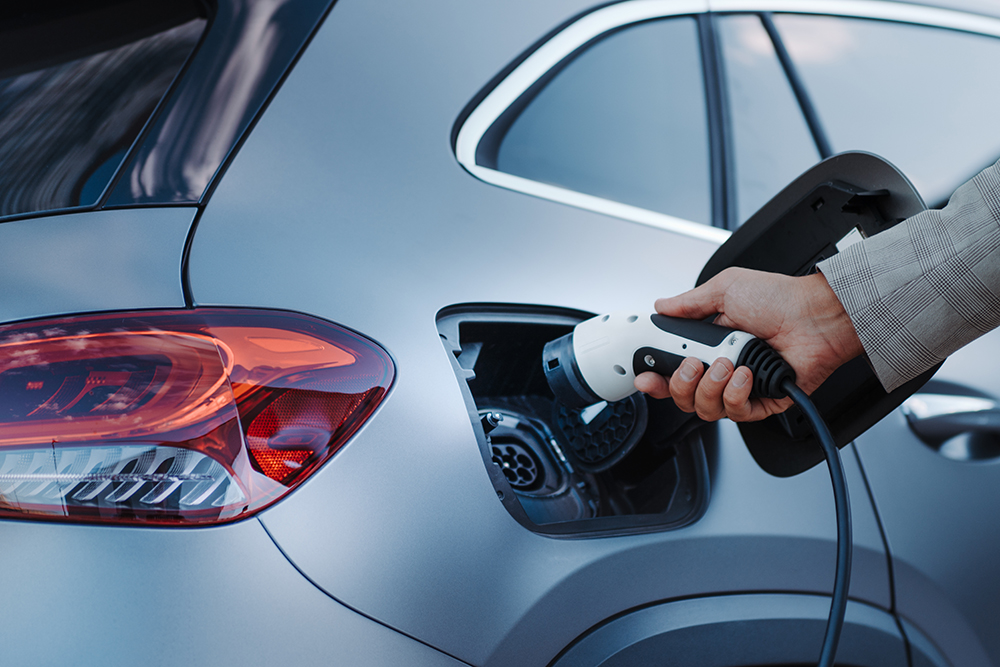The US Department of Energy (DOE) has revised its procedures for calculating the petroleum-equivalent fuel economy of EVs.
The Petroleum Equivalency Factor (PEF) is used by the EPA to assess automakers’ compliance with the DOT’s Corporate Average Fuel Economy (CAFE) standards.
Savvy consumers are familiar with MPGe (miles per gallon equivalent) figures, which are designed to inform car buyers about the relative efficiency of different EV models. The PEF represents a related concept, but it’s used for a different purpose. The CAFE standards require automakers to achieve a minimum average fuel efficiency for all the cars they sell, so the name of the game (for most companies) is to sell just enough high-efficiency EVs to offset the low-efficiency trucks and SUVs that provide most of their profits.
The PEF was last revised in 2020, when it was set at 82,049 Wh per gallon. In 2021, the NRDC and Sierra Club petitioned the DOE to update the regulations, which included a “multiplier” that significantly inflated the calculated fuel economy of EVs. By overstating the miles per gallon equivalent of EVs in automakers’ fleets, the prior PEF allowed automakers to sell more gas-guzzlers while still complying with CAFE rules.
The DOE’s new final rule phases out the multiplier, and updates the data used in the calculation with more current figures.
Revised PEF Values:
- Model years 2024-2026: 82,049
- MY 2027: 79,989
- MY 2028: 50,427
- MY 2029: 36,820
- MY 2030 and later: 28,996
Source: Green Car Congress




















































